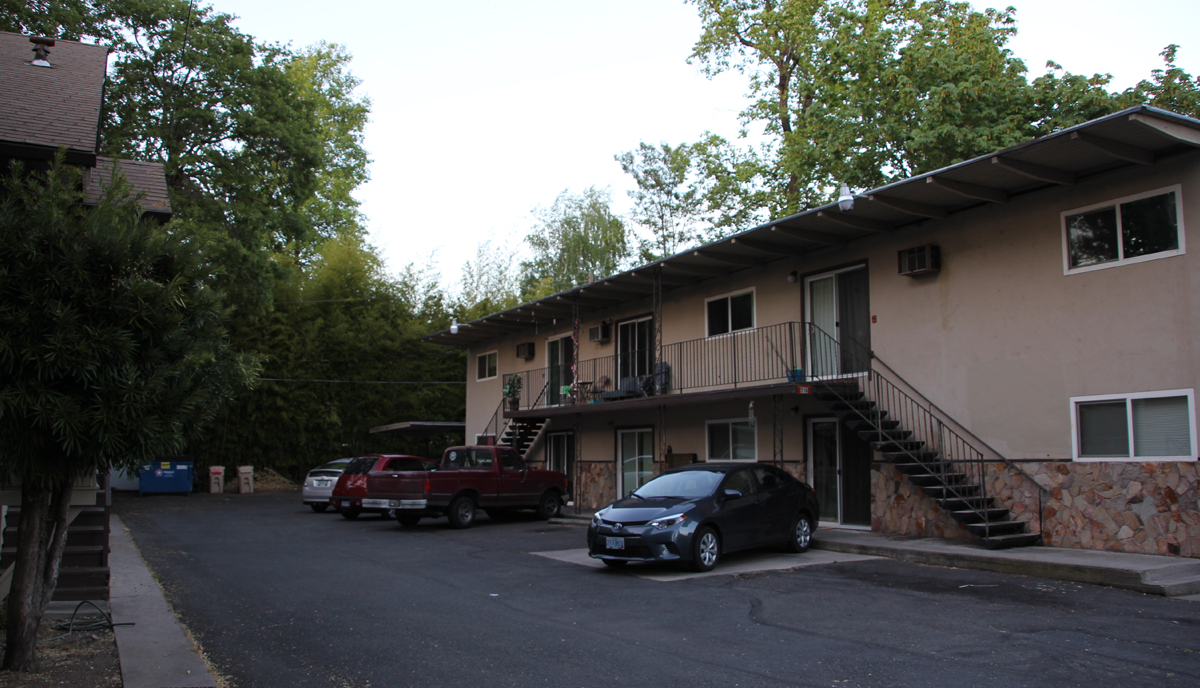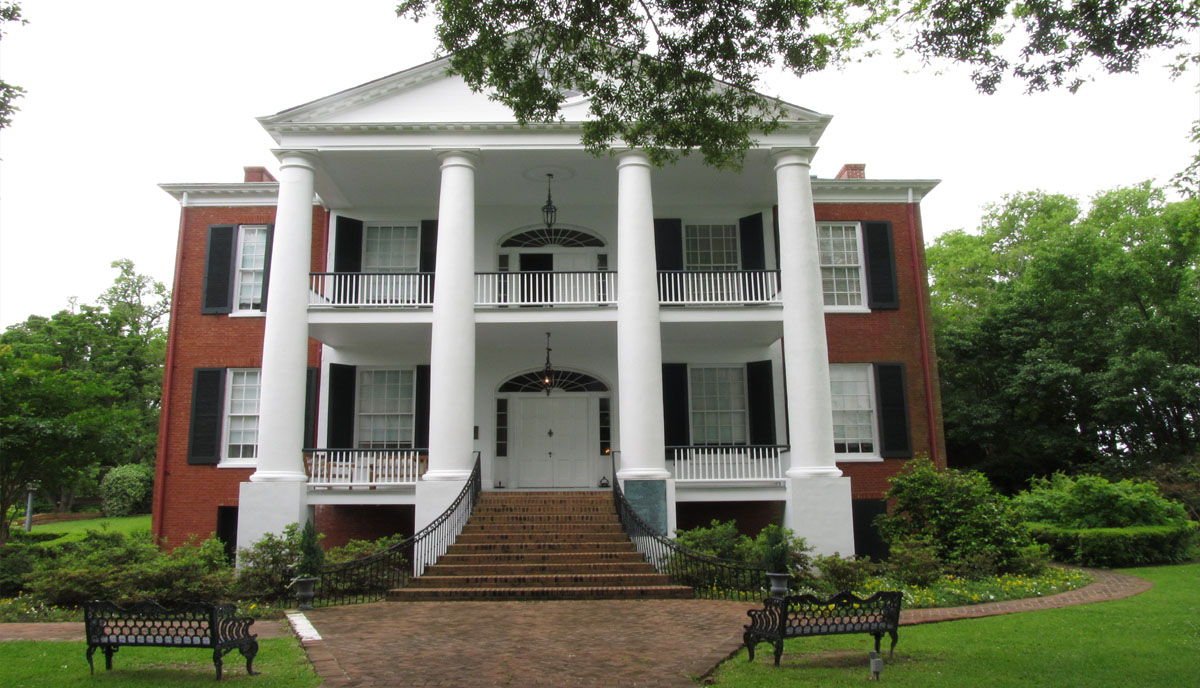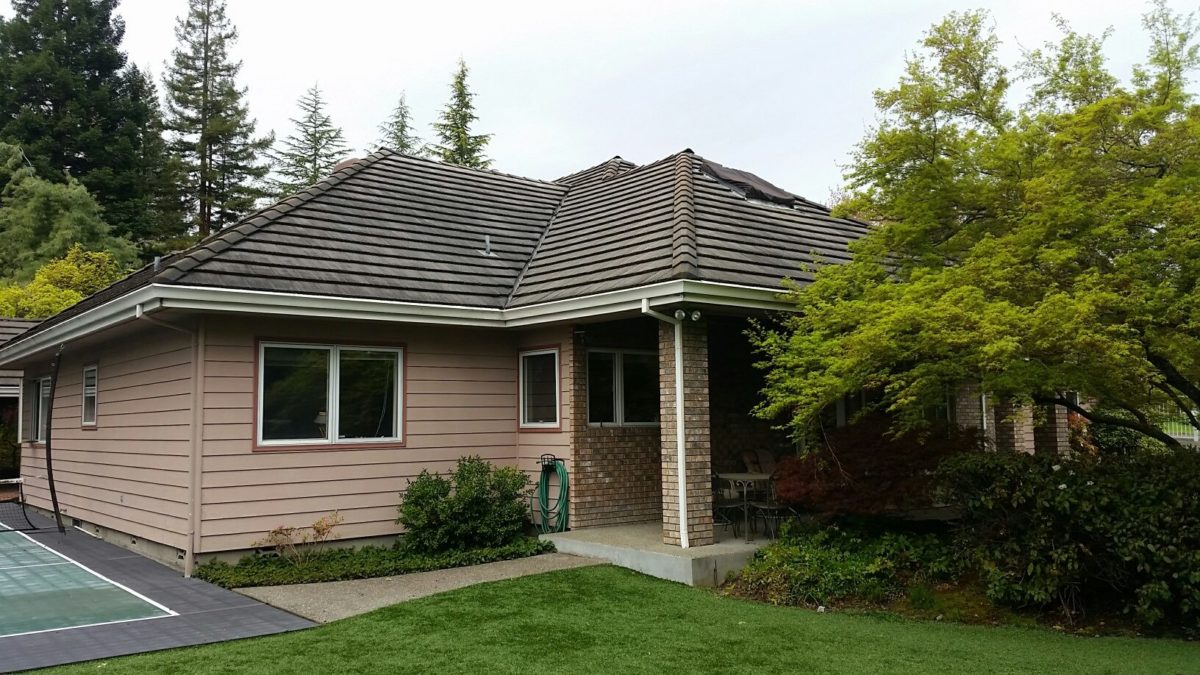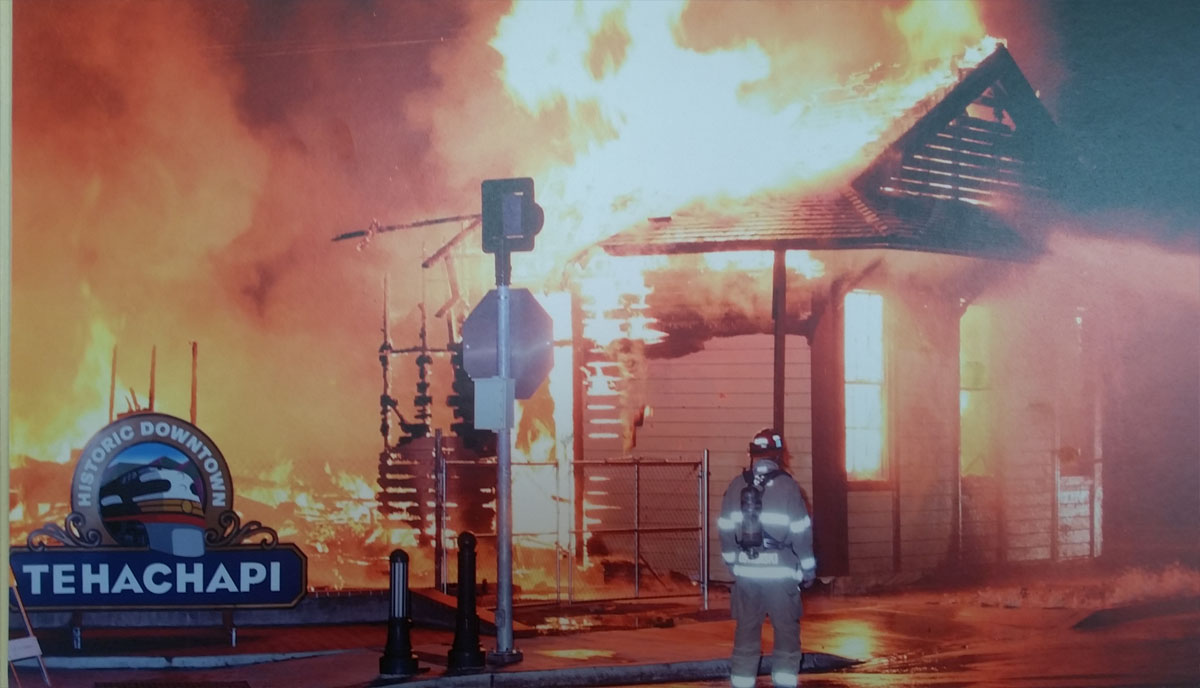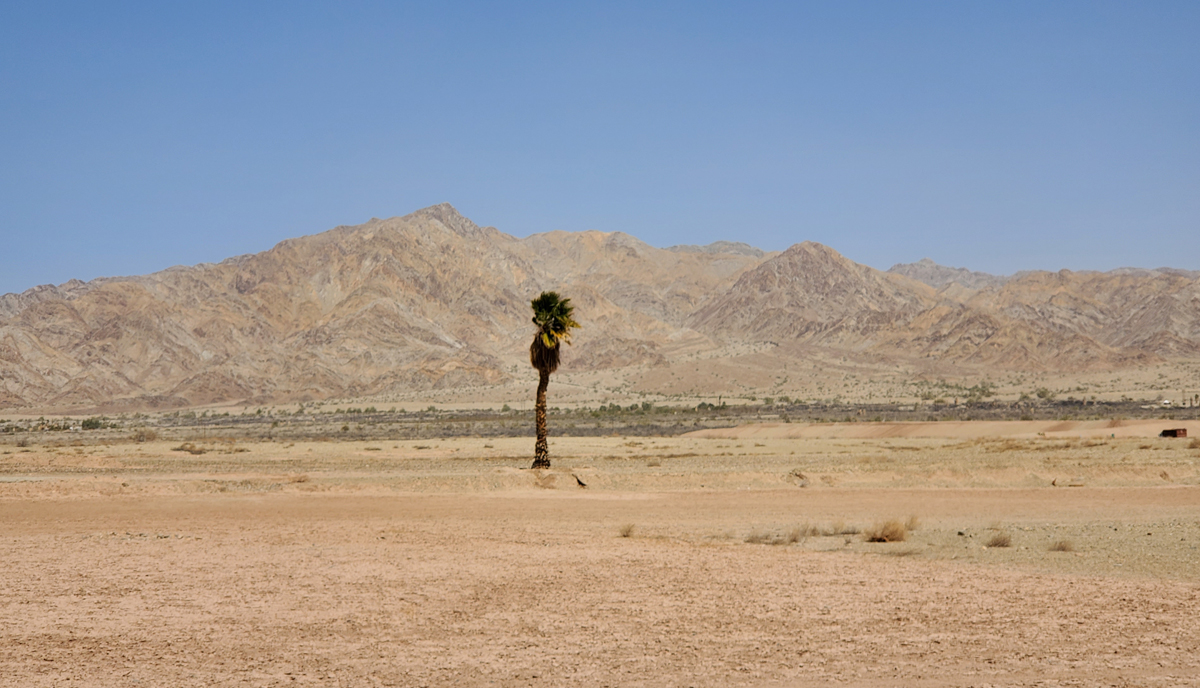Being debt averse doesn’t mean I’m opposed to ever having debt. It means I understand the burden debt places on my shoulders and I strive to lesson that burden. There is no such thing as good debt or bad debt, all debt is a burden. It is up to me, the borrower, to decide if the burden and potential consequence of missed payments and the extra cost of interest are worth it. There are times when I am willing to accept the burden of debt and times I’m not willing to take on that risk or the added cost.
Let’s assume a person believes there is such a thing as good debt. If the debt is good, they should want more of it. Isn’t more of a good thing always a good thing? If debt is a good thing, then why does making the final car payment feel so good? The person who feels they have good debt has no incentive to get out of debt. If having a mortgage on their home is so good, then when people pay off their home they would go to the bank and get another loan because they were missing out on a good thing. That doesn’t tend to happen.
Almost everyone who pays off their home mortgage, remains free of a home mortgage and loves it. I haven’t had a home mortgage for 21 years. Those who have paid off their house have lived both with a mortgage and without a mortgage, and they now know which is better. It is no longer a theoretical discussion. They know that living without a debt burden is better than living with debt.
So if not having a mortgage is better, why would I ever borrow money to buy an income producing rental property? Why take on a burden I don’t need? There are several reasons why I’m willing to have debt on a rental property and not on my personal residence. Here are eight reasons why income producing real estate debt is different from debt on your home, but none of these reasons make it good debt.
1: The tenants are tasked with paying off the debt.
When I have debt on my home, I must earn money and pay taxes on that money in order to make the payments. If I don’t make the payments, the bank will take my house back to cover the debt obligation.
If my payment is $1,000 a month, I have to earn about $1,400 a month to make the payment.
If I have a mortgage on a rental property, I don’t have to earn any money to make the payments. The tenant covers that task. The tenant now goes to work to earn $1,400 to pay their taxes (lower tax bracket than me) and rent, which in turn goes to the bank to pay the loan payment, property taxes, repairs and insurance, while still leaving some profit for me.
The burden of this loan and the other associated expenses is not usually on my shoulders. The exception to this is when I don’t have a tenant in the building. Keeping vacancy low, means I never have to make the loan payments.
2: This debt puts money into my pocket.
When an investment property is purchased with a positive cash flow, by definition, the property is putting money into my pocket every month.
In contrast, the debt on my personal residence takes money out of my pocket every month.
If I can take on a debt that is designed to put money into my pocket, it is a burden I am willing to accept for the long run.
3: A default only costs the investment.
If I fail to come up with the mortgage payments on my home, I could lose my home, which is bad, bad, bad. I now have nowhere to live. If I default on the loan for an investment property, then I could lose the investment. While losing an investment is not something anyone wants to do, it doesn’t leave me without a place to live.
There is a big difference between becoming homeless and having a smaller net worth from losing an investment. The burden when something goes wrong is substantially lessened when the property is for an investment and not for a roof over my head.
4: Leverage makes the profits better.
Leverage, or using debt to purchase an investment property, is what makes a real estate investment so powerful.
If I buy a $1,000,000 property with a $200,000 down payment, I control the entire $1,000,000 value. Thus if the property appreciates in value by 20%, to $1,200,000, I now made $200,000 profit with my $200,000 investment for a 100% return.
If I buy that same property all cash and pay $1,000,000 down, I also control the entire property. Thus, when the property increases in value to $1,200,000, I have now made $200,000 with my $1,000,000 investment for a 20% return.
The property purchased without a loan earned 20%, but the property purchased with a loan earned a 100% return on investment. The return is five times greater using leverage.
5: Creates passive income.
As a physician, I earn my income by trading my time for money. I do an operation and I get paid for the operation. What happens if I get sick or injured and can’t work anymore? Then I don’t get paid. No work equals no pay.
But the rental property is not dependent on my ability to work to get paid. I get paid simply because I am the owner. I spent the entire month of July 2022 traveling and exploring Lake Michigan. I didn’t do any work on my properties in Oregon. In fact, I almost never do any work on my properties as that is the property manager’s job.
Without even being in the state, the profits that were deposited into my checking account were enough to cover all my living and travel expenses. That is the definition of passive income; money that rolls in whether or not I am able to work. Passive income is super important for physicians to develop. We need a backup income source to save our family from an illness or injury that would create my inability to work for money at the same income that we are accustomed to. It’s like having a second disability insurance plan.
6: Puts appreciation in my portfolio.
One of the great benefits of owning cash flowing property is the nice passive income it generates every month. Another unseen benefit is the appreciation it generates on top of the cash flow.
Once I have the property in my portfolio, any increase in value is a direct increase to my net worth. This tax free increase will come in very handy in the future.
When my wife and I are both dead, our kids will inherit our investment property. Upon receiving the inheritance they will get a step up in basis and the capital gains taxes will never be owed on the appreciation that accumulated for the years I owned the property.
If I bought a $1,000,000 property in 2005 and held on to it until we both die in 2045, and the rate of appreciation was 4% per year, the property would be worth just short of $5,000,000 when our kids inherit it.
The property would have appreciated in value by $4,000,000 and I would never have paid capital gains taxes on that $4,000,000 increase. When the kids inherit the property, it will be considered as if they purchased the property for $5,000,000 on the day of our death. That means the kids didn’t have an increase in value that they needed to pay taxes on either. If they should choose to sell the property for $5,000,000 they would have technically made no profit and would owe no capital gains taxes.
Appreciation is money you can earn and never have to pay capital gains on if you play it right with inheritance and 1031 exchanges. You also have the choice of selling the property and spending the appreciation like my grandmother did when she went into a nursing home. If instead of letting my kids inherit the property, I sold it and kept the money for my own use, then I would owe taxes on the $4,000,000 appreciation. I also would get to enjoy spending the money.
7: Creates other business write offs.
Most physicians are W-2 wage earners. W-2 earnings enjoy the highest tax rate of all forms of income. As a wage earner, you are not allowed many tax write offs.
When I bought my first rental property, I created a business. Businesses have the best write off opportunities. With write offs and depreciation, the bulk of the money I have earned from real estate has been tax free. Another perk of owning a business is the ability to hire my children to work for the business, which creates additional benefits.
8: Can buy more property with leverage.
If I could save $100,000 each year to invest in property and my target properties costs $1,000,000 each, needing a 20% down payment, I could buy one property every two years. Twenty years from now I would own ten properties in my portfolio. All gaining the benefits I just described.
If I did not use a mortgage on the properties, and paid all cash for each transaction, I could buy one property every ten years. After twenty years, I would own only two properties.
Using debt to purchase income property will greatly increase your purchasing power and in turn will increase your net income. Initially, while I am still working and have a mortgage, my cash flow will be small. Eventually the debt will be paid off and my cash flow will skyrocket for my retirement years.
What I do
My plan of attack was to purchase property with a positive cash flow with as little down payment as possible. Most of my properties were purchased with no money down. While I was working as a physician, I didn’t need any of the cash flow for my lifestyle. So during my working years, all the profits from my real estate were used to pay down the debt. I also kicked in some of my earned income to speed up the debt payoff.
I put the property into my portfolio with minimal investment and paid off the debt as rapidly as I could without hardship. Every year the rent income goes up, the debt goes down, the cash flow goes up, and the property appreciates.
I have never done any cash out refinancing. My goal is to generate maximal cash flow. If I chose to refinance and take the equity, I would be getting a bigger loan which decreases my cash flow. Not the combination I want. The idea is to decrease the loans over time and increase the cash flow.
I purchased small apartments and after six years of investing, I owned 65 rental units. Twelve years after my first purchase, the cash flow from the property was greater than my living expenses and I could then retire on my rental cash flow alone. I also had been maxing out my retirement plans. By age 50 I was able to retire and cut back to half time. I fully retired from medicine at age 54.
Today my property has been appreciating for the last 21 years, and their loans have been getting paid down. Currently, after paying down 70% of the original loans, my debt is 22% of the current property value. I will continue to pay down the loans at an accelerated rate until the property is debt free. At which time the property will produce its maximum cash flow. Since my cash flow is already more than I need, I’m really gaining more security by paying down the loans now.
I also have no personal debt and intend to keep it that way.
If you want more information about my reasons to become debt free read The Doctors Guide to Eliminating Debt.
If you want more details as to how I purchased and managed my real estate as a full-time surgeon and how you can do it also, read The Doctors Guide to Real Estate Investing for Busy Professionals.
If you own rental real estate and it feels like a second job, you need to learn how to automate your investments to make it passive. You are already busy as a doctor and shouldn’t be taking away your family time playing with your real estate. Get a copy of The Doctors Course on Automating your Real Estate Investments. This course is also helpful to those who are purchasing their first rental property and want to automate it from the start so they can truly have a passive real estate investment.
,
